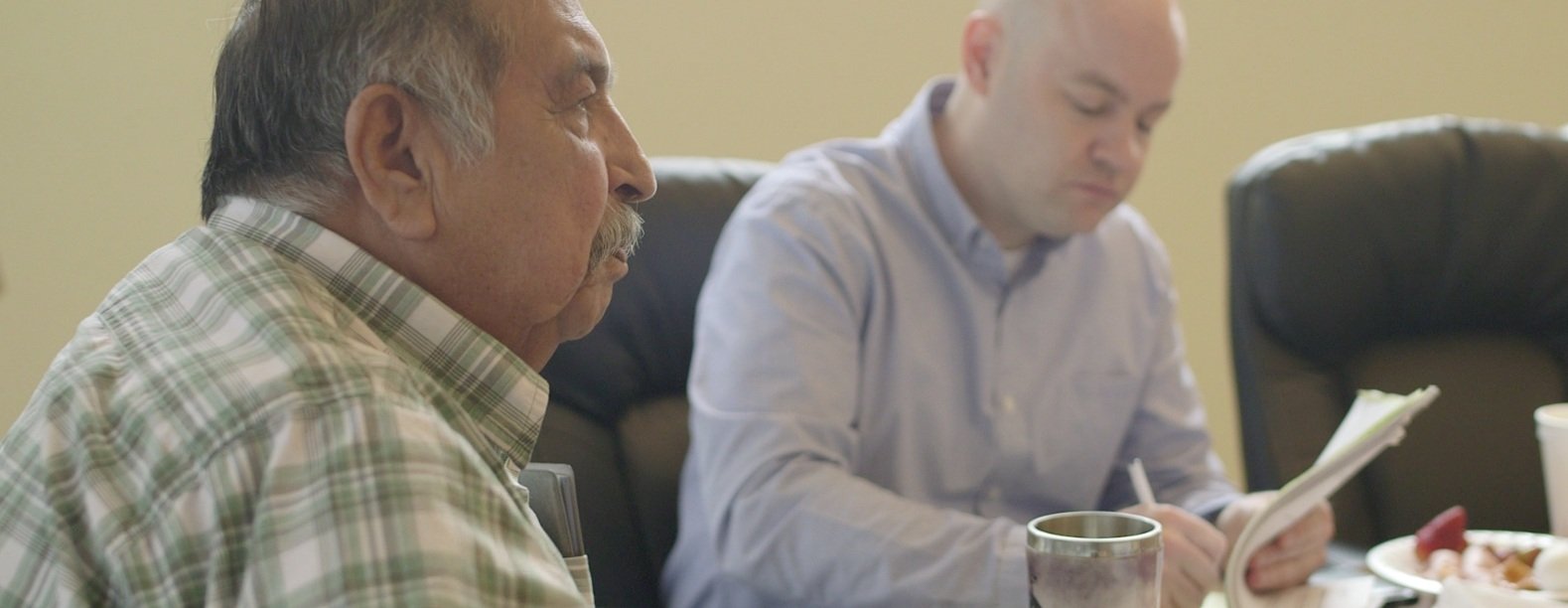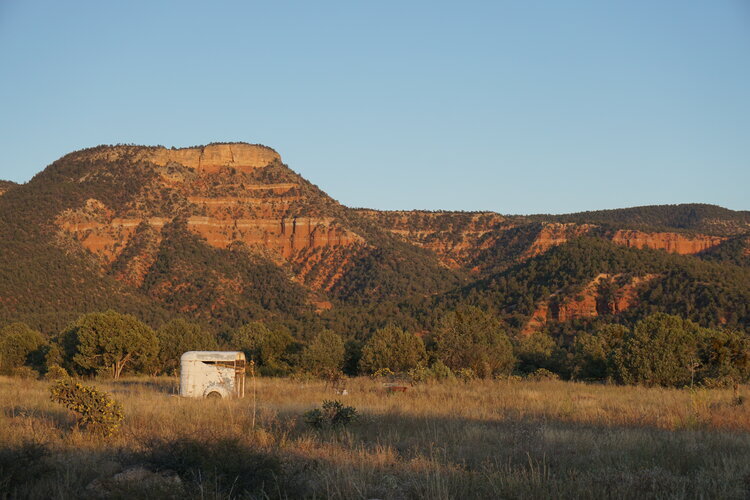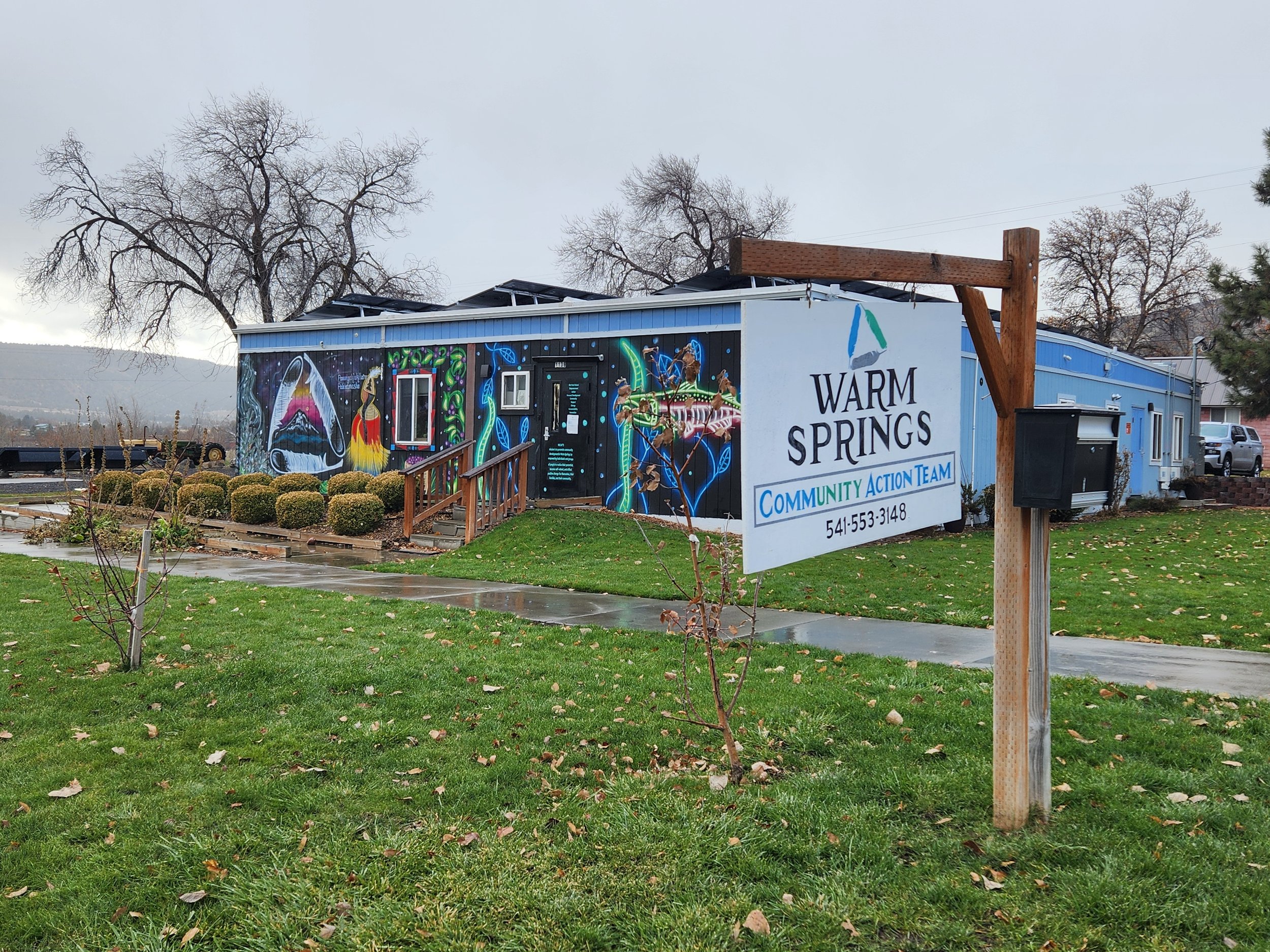
Highlights from recent projects help tell the story of how and where we work.
Visit our Gallery to see samples of specific deliverables. Use the search bar below to find projects in specific regions, covering certain topics, or with a particular tribe.
All Projects

Nisqually Indian Tribal Needs Assessment
The Nisqually Indian Tribe is working with Big Water Consulting to conduct a Tribal Needs Assessment of households living on the reservation. The Nisqually Tribal Needs Assessment Survey aims to provide a better understanding of how Nisqually tribal members prioritize treaty rights issues and develop a better understanding of the Tribe's current circumstances. The survey will determine current housing conditions, which tribal services are known to the community, which programs are used by households, and how connected they are to community services and activities such as fishing, hunting, and gathering. The Needs Assessment will also provide an opportunity to better understand how the Nisqually tribe can communicate with the community and how tribal members feel about long-term vs. short-term investment in tribal resources.

Big Valley Rancheria Community Needs Assessment
Lake County, California
Big Valley Rancheria is home to the Big Valley Band of Pomo Indians, descendents of the Xa-Ben-Na-Po Band of Pomo Indians that have inhabited the Clear Lake area of present-day California for thousands of years. The Big Vallery Rancheria Community Needs Assessment seeks to gather data on the housing and other programming needs of Big Valley residents and Tribal members. The needs assessment will also inform renovations to rental housing being conducted by Sustainable Native Communities Design Lab at MASS Design, a Native-owned architecture firm.

African Health Advocacy Project
Mission Africa’s African Health Advocacy Project (AHAP) aims to increase prevention and detection of COVID-19 by addressing misinformation and promoting services among K-12 children and caregivers of African communities in the Puget Sound region.

Fond du Lac Housing & Community Needs Assessment
The Fond du Lac Housing and Community Needs Assessment is being directed by the Fond du Lac Planning Division to collect actionable data that the Band can use to plan for future housing and community development projects.

Dry Creek Housing and Homelessness Needs Survey
The Dry Creek Housing and Homelessness Needs Survey will identify the range of housing needs and support services for the members of the Dry Creek Rancheria.

White Mountain Apache Housing Needs Assessment
Whiteriver, Arizona
The White Mountain Apache Housing Authority (WMAHA) initiated the White Mountain Apache Housing Needs Assessment on behalf of the White Mountain Apache Tribe (WMAT) in order to develop forward-looking planning and program management and to identify and measure the needs of communities throughout the Fort Apache Indian Reservation. The Tribe selected Big Water Consulting to coordinate the effort and provide training and technical assistance throughout the project. This housing needs assessment included a household survey that collected data from 654 homes on the reservation and had an overall response rate of 97.2%.

Red Cliff Housing Needs Assessment
Bayfield, Wisconsin
The Red Cliff Reservation is located on the shores of Lake Superior in north Wisconsin near the town of Bayfied, Wisconsin. This area experiences an extreme winter climate and a highly seasonal economy focused primarily on tourism. After completing a successful Tribal Census and Community Needs Assessment in 2018 (97% household survey response rate), the Red Cliff Chippewa Housing Authority launched the Red Cliff Housing Needs Assessment in February 2020 in order to gather data to support and guide planned housing development and which could be used to challenge and replace the Census Bureau data used to determine the Tribe’s housing funding allocation.

Pokagon Tribal Census
Dowagiac, Michigan
The Pokagon Band of Potawatomi has no reservation and its members are distributed throughout the United States and the world. The Band has made great efforts to spur economic development within its service area in Michigan and Indiana and the surrounding region. The Tribal Census, conducted every five years to support a constitutionally mandated comprehensive planning process, was implemented through a mail-out survey delivered to all households with an enrolled Pokagon citizen, regardless of whether they lived inside or outside the Band’s service area. The resulting dataset is now being used to inform decisions related to land acquisition, economic development, education spending, program administration, and the development of new services.

Red Cliff Tribal Census and Community Needs Assessment
Bayfield, Wisconsin
The Red Cliff Indian Reservation is a remote community located on the shores of Lake Superior on the northern tip of the Bayfield peninsula in Wisconsin. It has a recreation and resource-based economy and a large number of seasonally vacant units and second homes. The project, which included a reservation-wide household survey, enabled the Band to correct distortions in existing data resulting from the income disparities and demographic differences between full-time residents (who are generally Native) and seasonal residents (who are generally not). In addition, the data will be used to develop a Comprehensive Plan and identify specific options to address resident needs and create opportunities for individual and collective development.

Tohono O'odham Nation Census Challenge
Sells, Arizona
The Tohono O'odham Nation is a large tribe whose lands are located along the US-Mexico border in southern Arizona. Many Tohono O’odham move between Tucson and the Tohono O’odham Indian Reservation, where there are a substantial number of traditionally constructed homes. Data collected through a housing unit condition assessment and a household survey documented every structure on reservation and trust lands, successfully enumerated the non-transient population, revealed the challenges of households living in traditional homes, and is being used to support comprehensive planning as well as challenge U.S. Census data used in the Indian Housing Block Grant (IHBG) formula.














